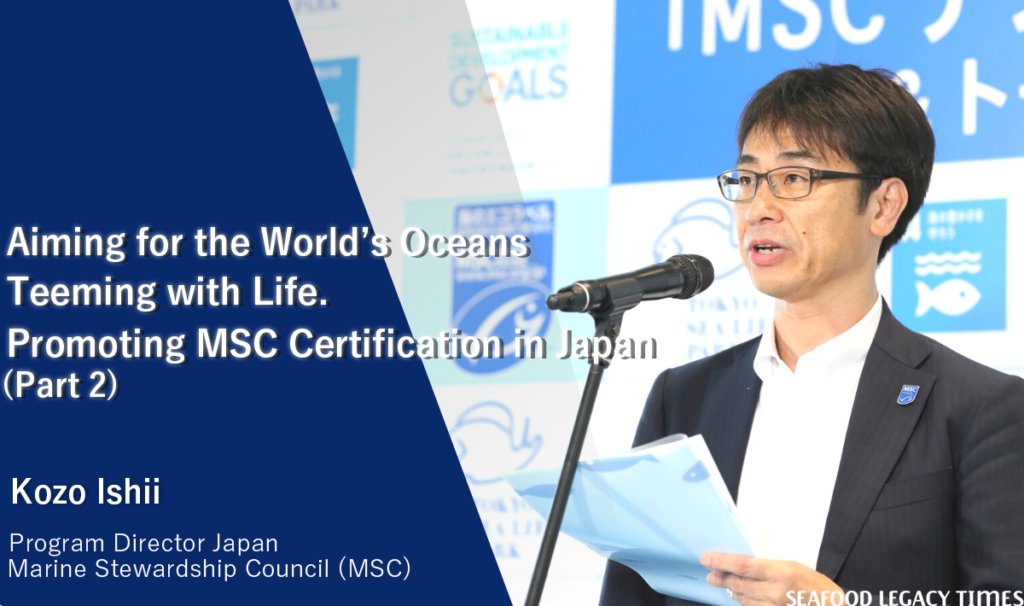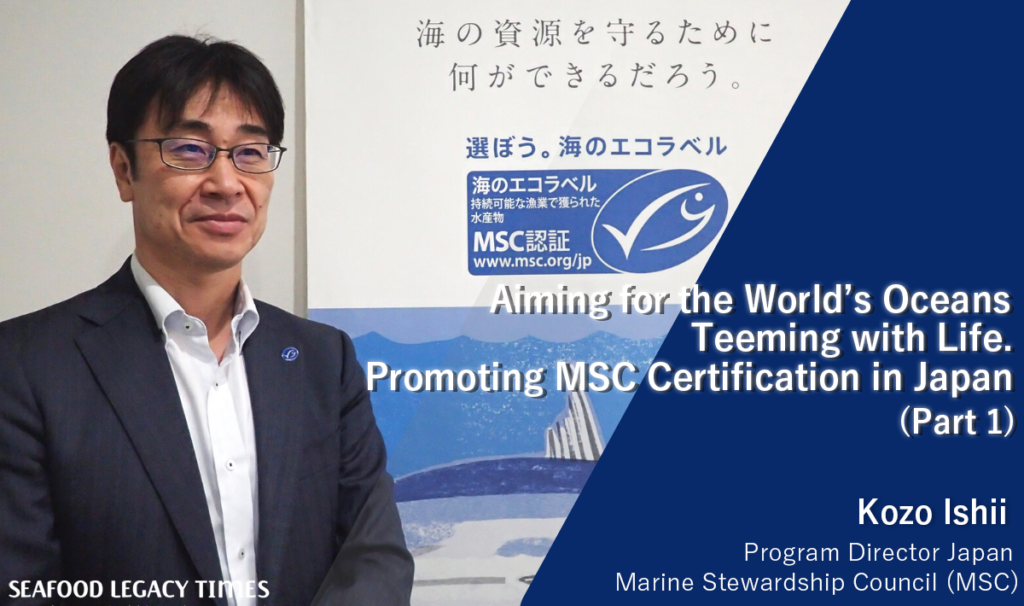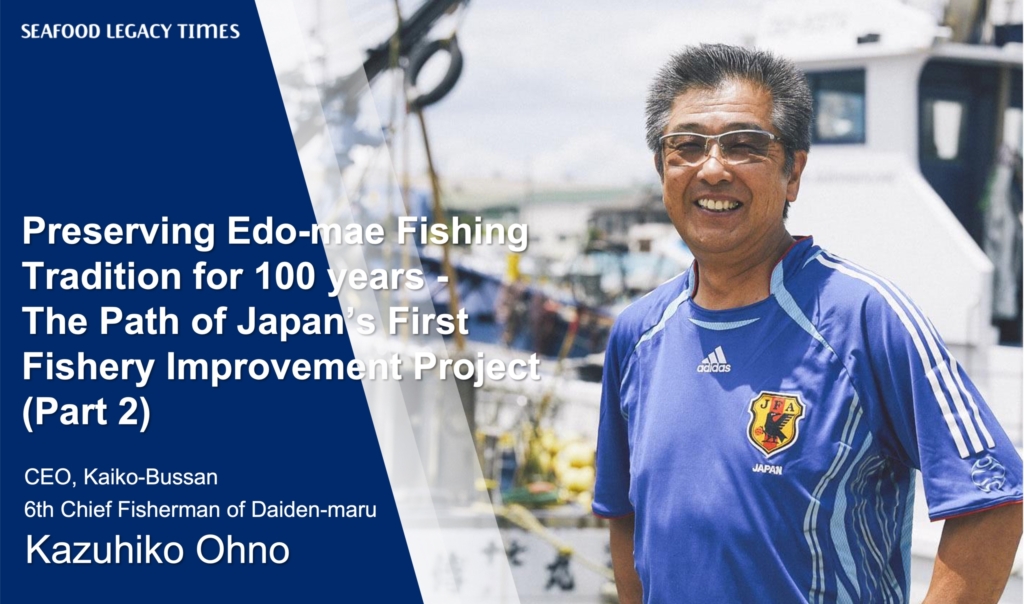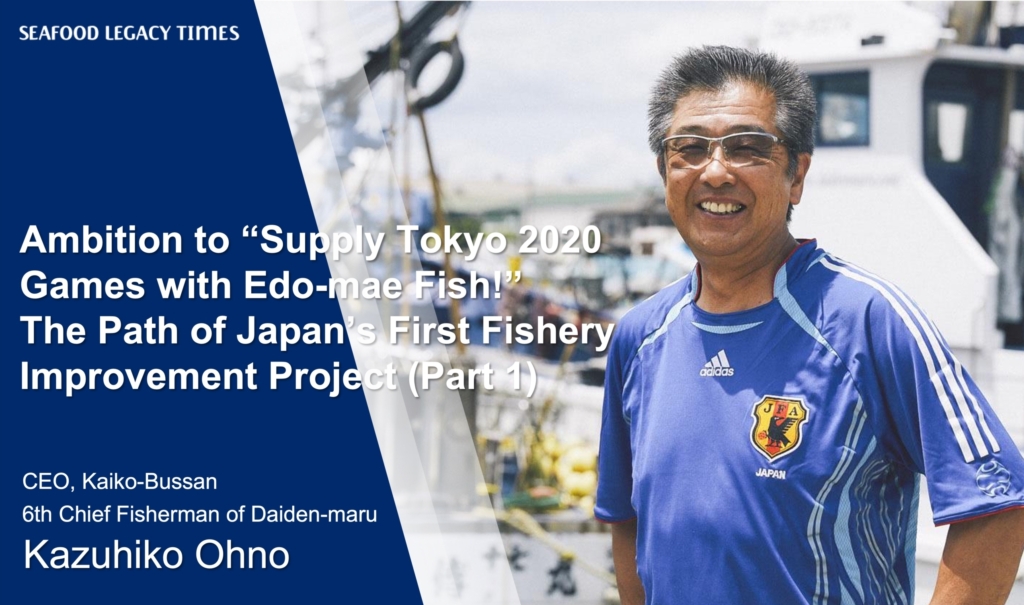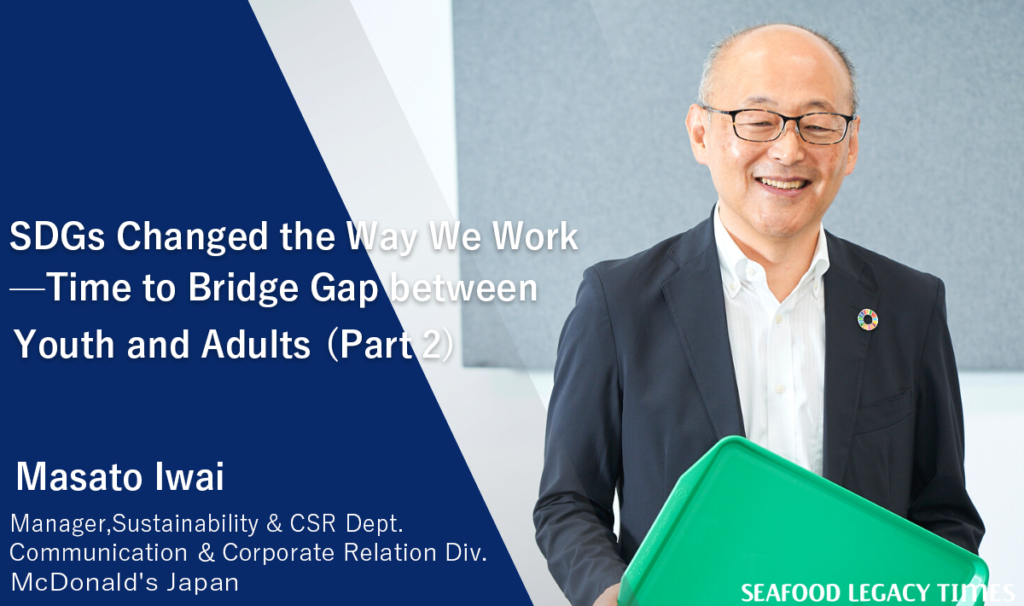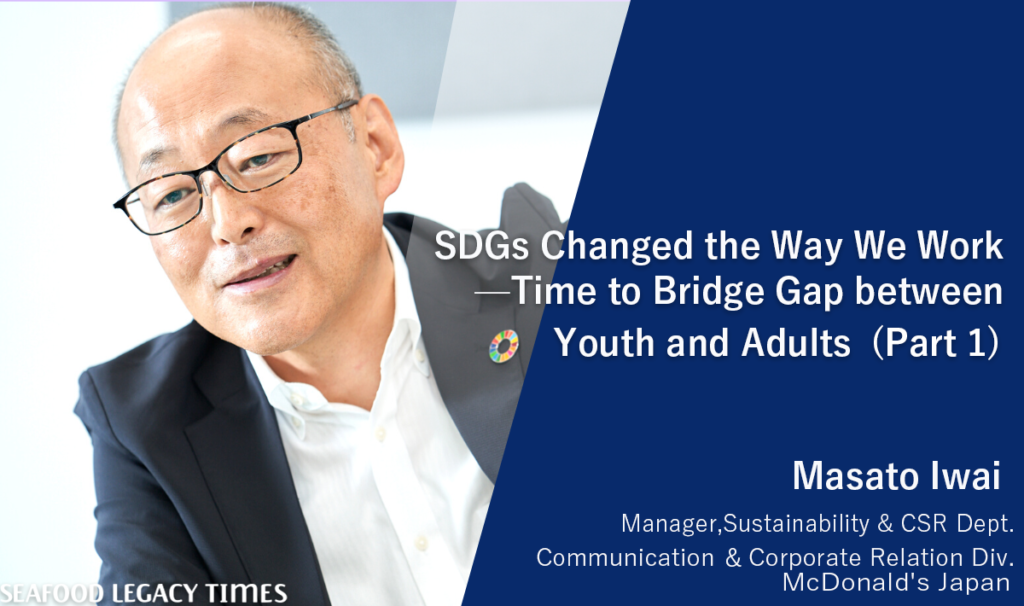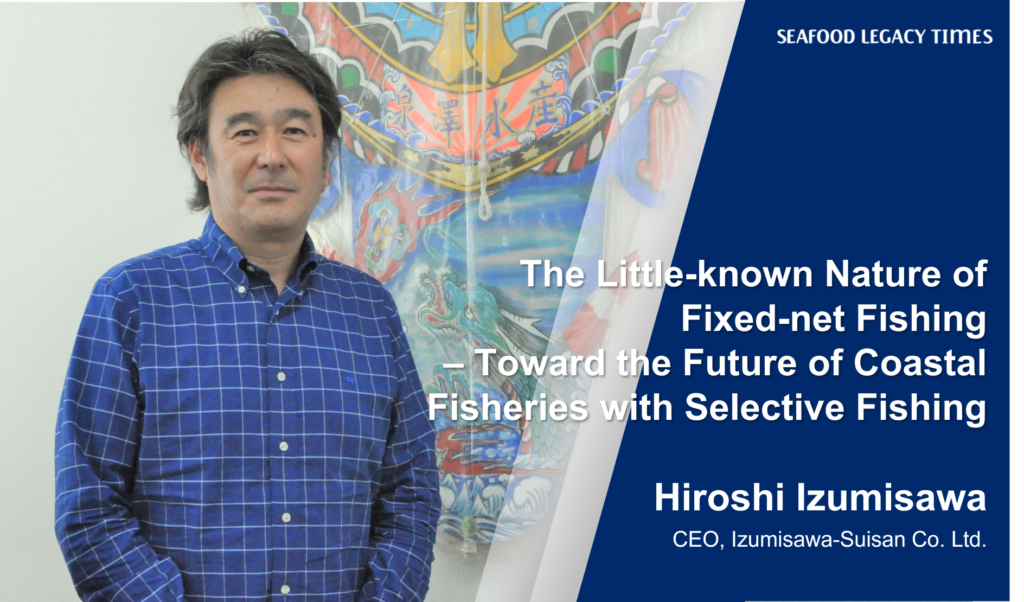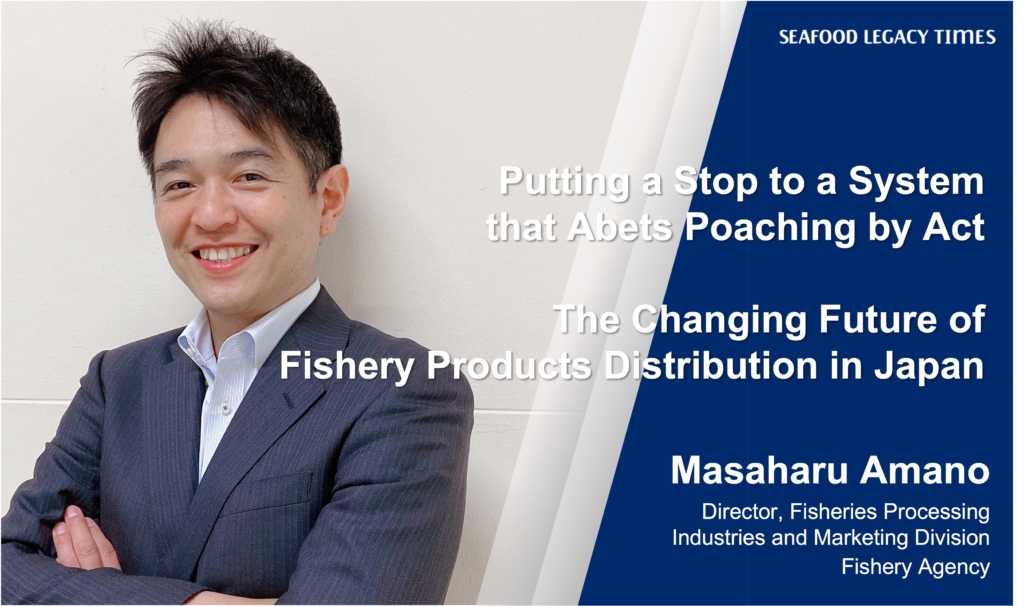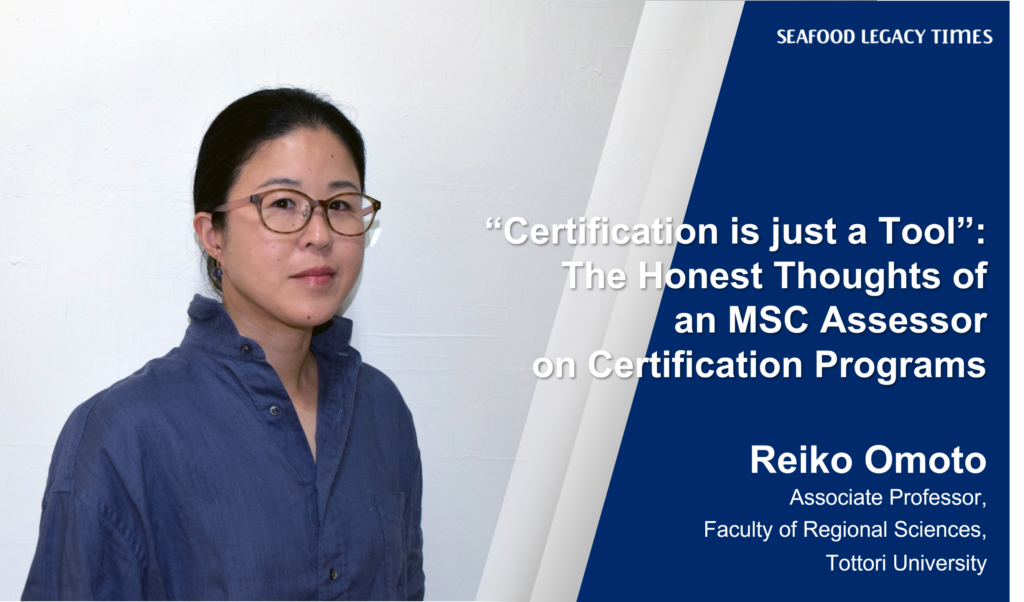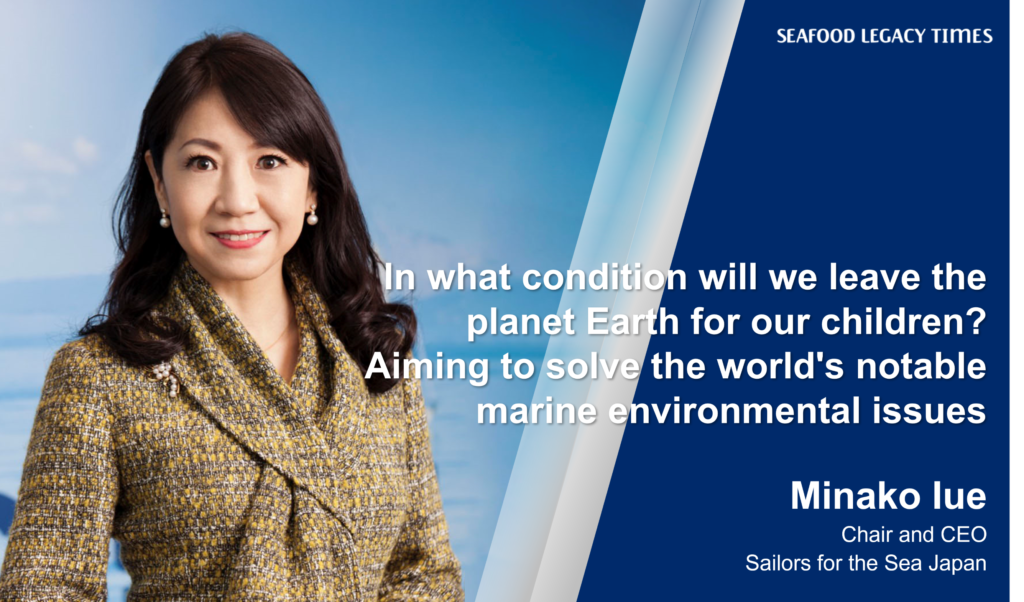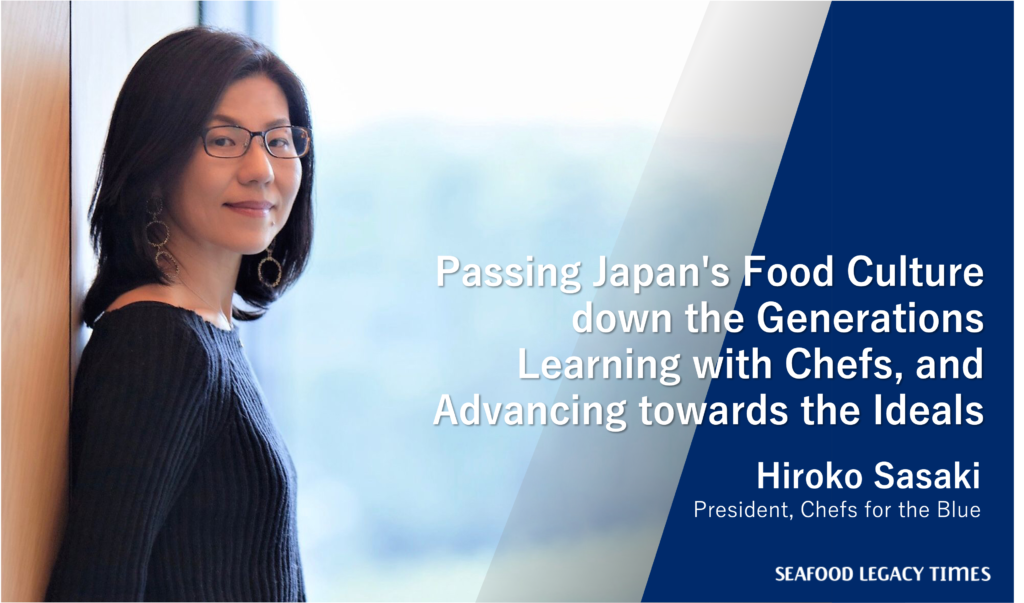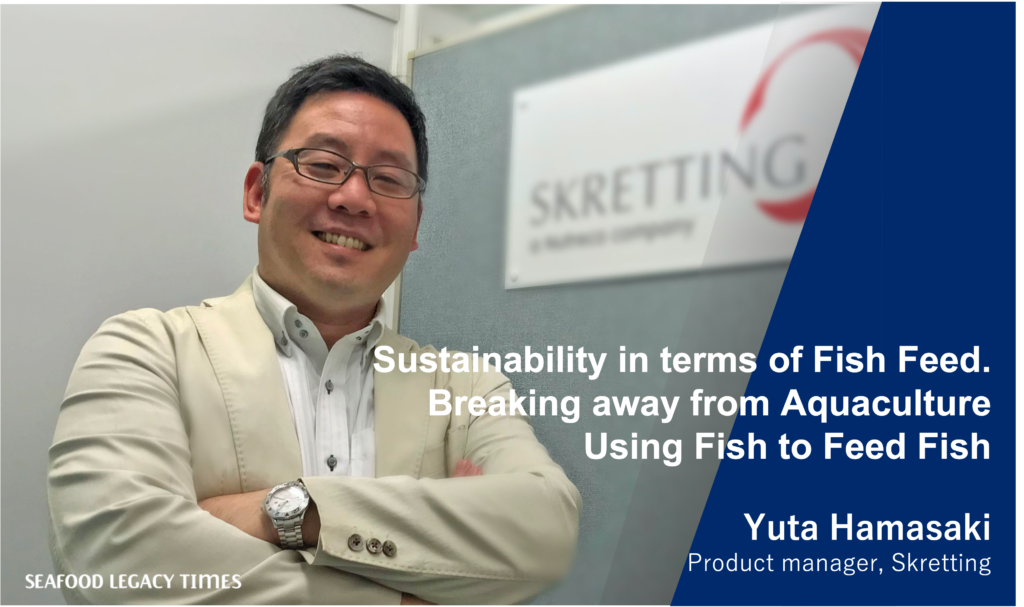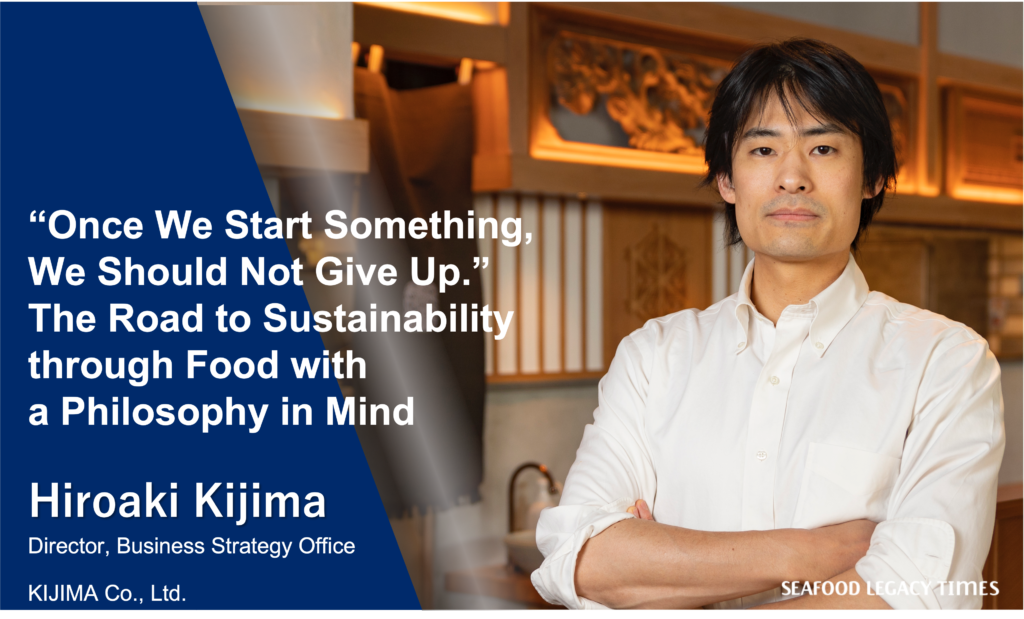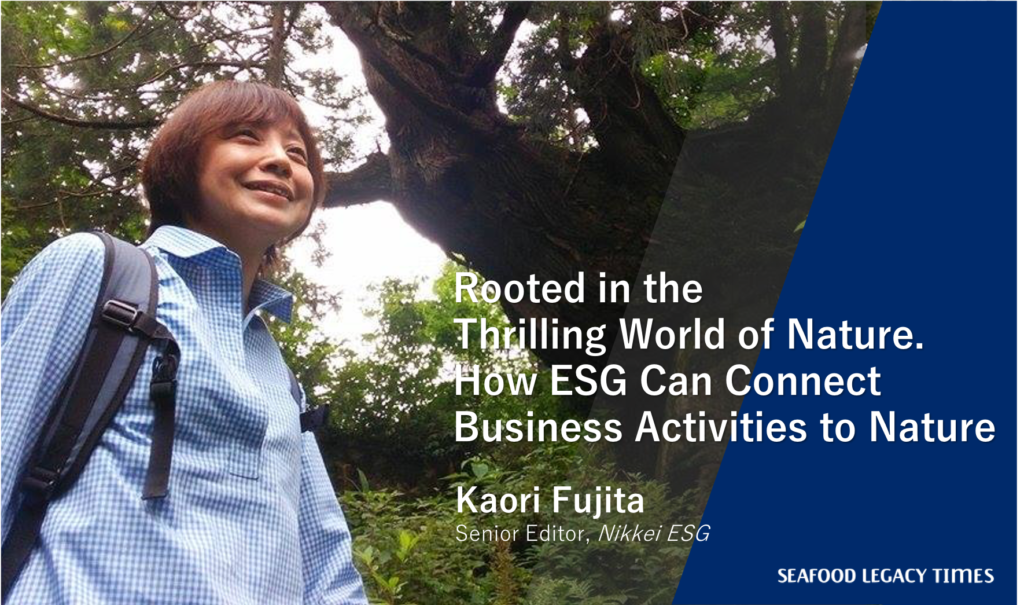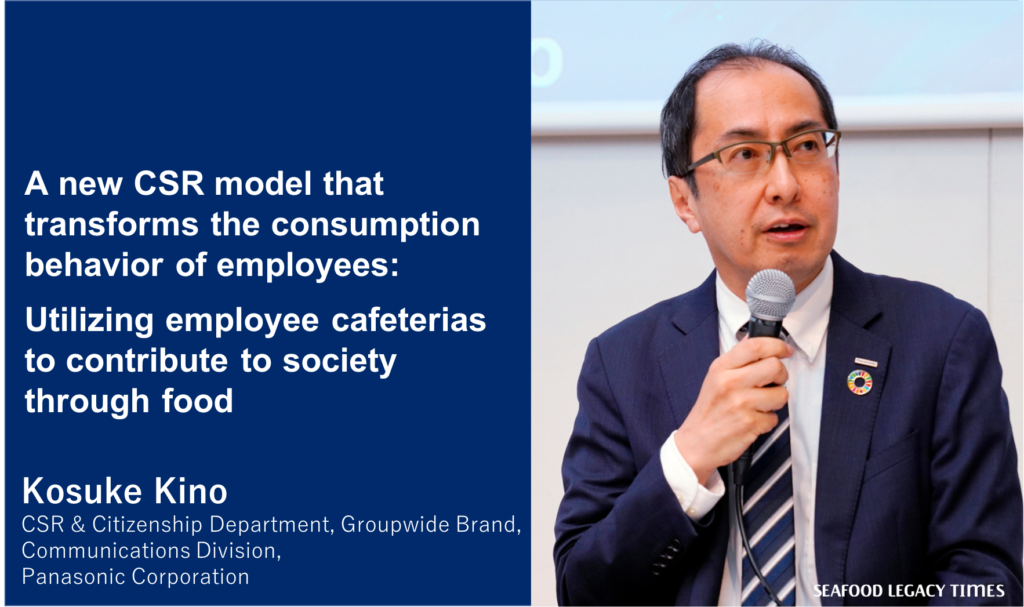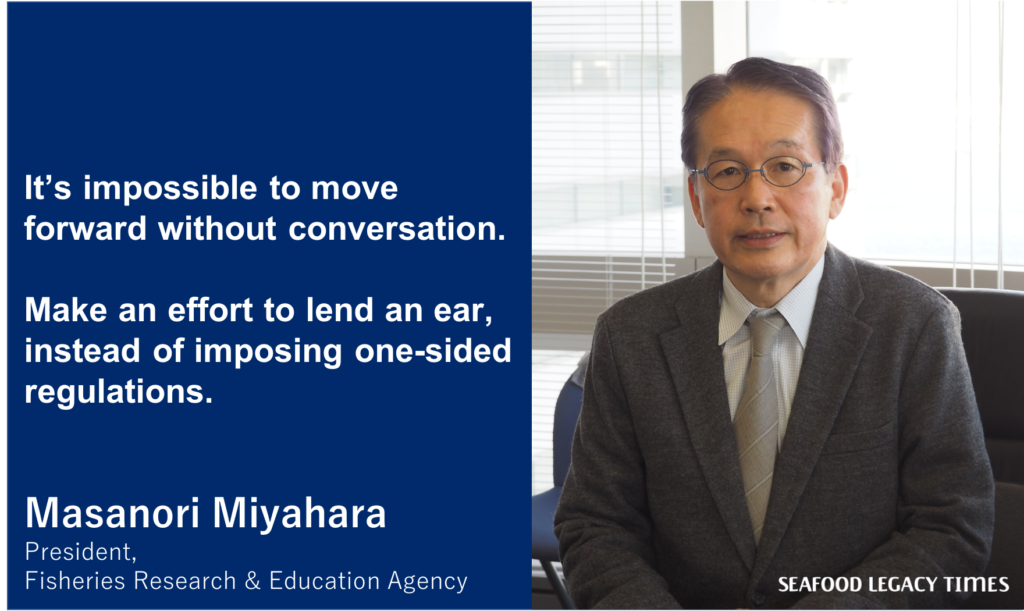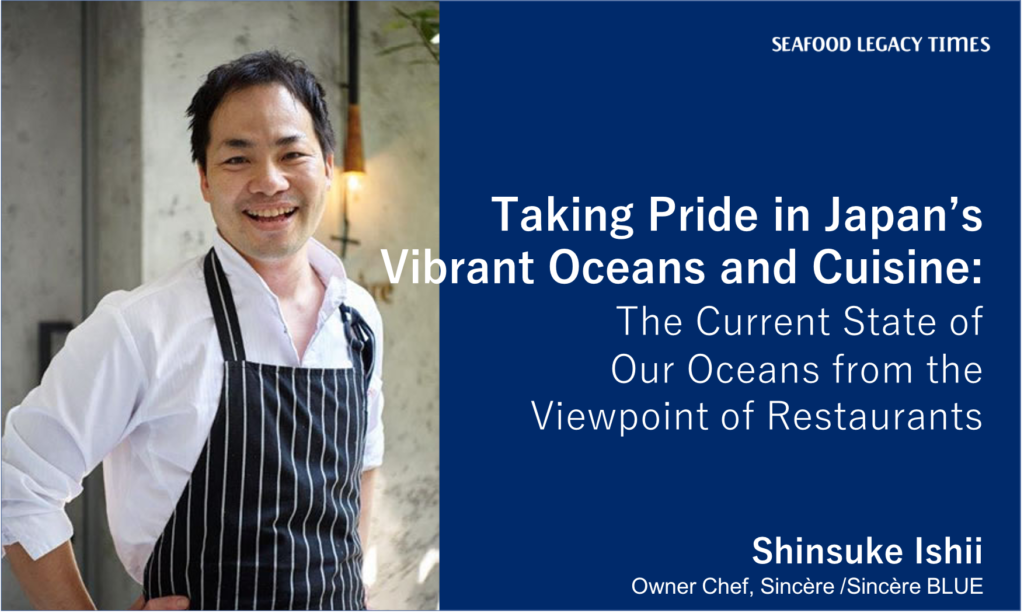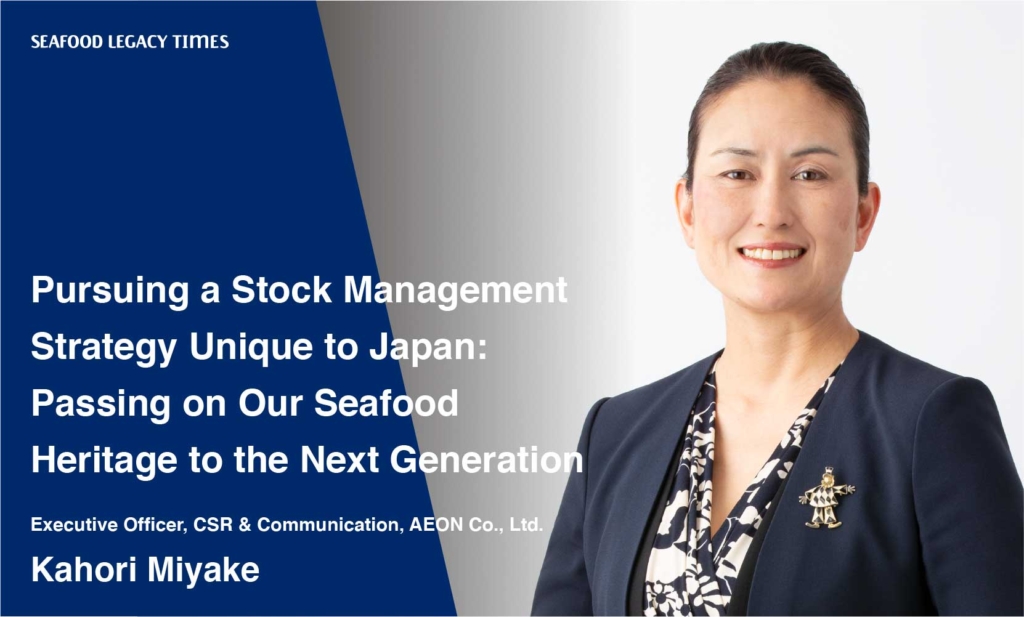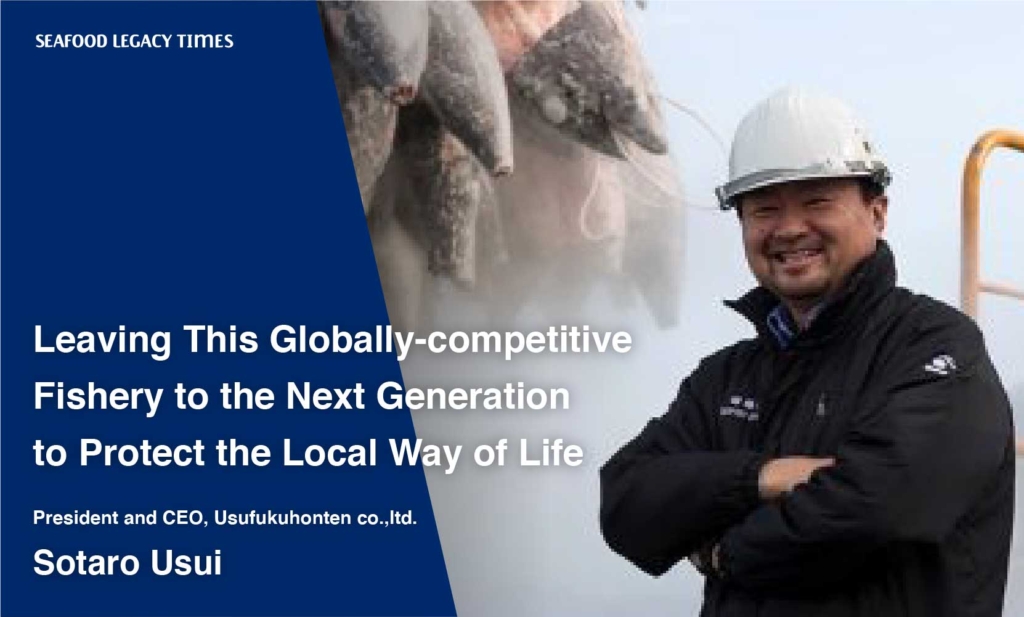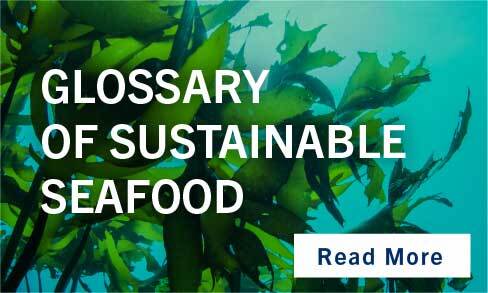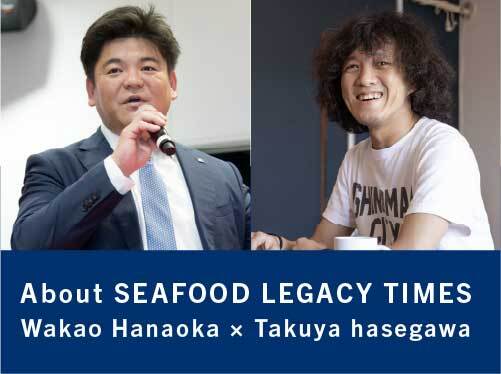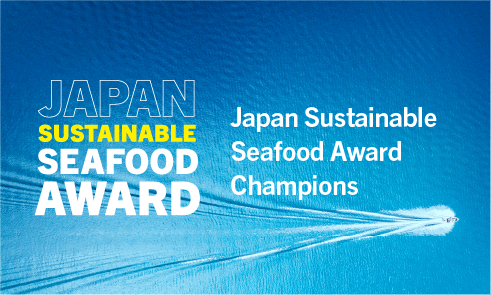
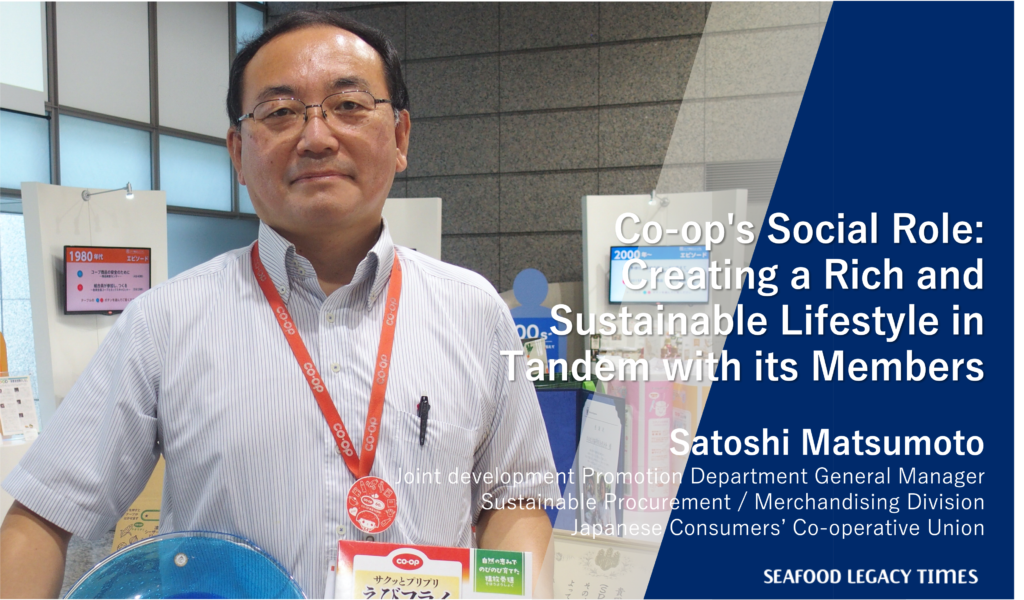
The Japanese Consumers’ Co-operative Union (JCCU) is responsible for providing products to Co-ops nationwide and developing private label Co-op products. They set quantitative goals on the amount of eco-label products, and launched “the Co-op Sustainable line” which is using socially and environmentally responsible main resources, and make efforts towards the achievement of a sustainable society.
In addition, the Sulawesi Island Shrimp Aquaculture Improvement Project, launched by JCCU in conjunction with WWF Japan, Indonesian firm BOMAR (PT.Bogatama Marinusa), and WWF Indonesia, was selected as the first champion in the collaboration segment for Seafood Legacy’s 1st Japan Sustainable Seafood Award.
In this installment, we spoke with Satoshi Matsumoto, Joint development Promotion Department General Manager in Sustainable Procurement / Merchandising Division at JCCU First Product Headquarters, to get his insights on JCCU initiatives around sustainable procurement and the social significance of those efforts.
──JCCU was an early player in sourcing sustainable products, such as with its adoption of MSC certified marine products in 2007. Over these many years of carrying sustainable seafood, are there any particular focus areas you have moved into recently?
The Japanese government and many companies have begun adopting initiatives towards the achievement of SDGs, and we also keenly find its necessity. In my own personal life, I am also aware of the gravity of the impact of global environmental problems and humanity’s impact on the planet.
Co-op is an organization in which each consumer invests and becomes a member of the union and participates in its operation, taking part in various activities that are of use to their lives, such as by securing useful products. How can we contribute to society as a whole through our products, considering the sustainability of product procurement and its impact on society and the environment is a major issue for us right now.
Our initiatives in the fisheries sector began with increasing our lineup of eco-label products, such as those with MSC certification, but in recent years, we overview our procurement of supply chain, and are approaching for partnering with fisheries operators and NGOs to launch new fishery/aquaculture improvement projects around the seafood used in our products.
For Example, one project is trying to shift the production of black tiger shrimp on Sulawesi Island in southern Indonesia to a more environmentally and socially responsible approach, and one that is more humane. Another involves us supporting Hiroshima oyster growers in obtaining MSC certification.
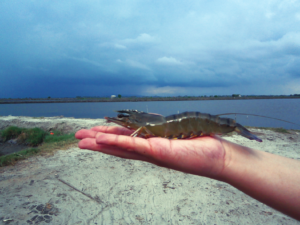
──What led to your offering support services around certification?
In addition to the growing social interest in ethical consumption, we began to realize that ensuring the sustainability of the JCCU fisheries segment required changing our approach to procurement and product development.
Unfortunately, from 2014 to 2015, when I was in charge of the fisheries segment, the amount earmarked for eco-label products decreased. Offering more environmentally responsible products was one of our key issues at the time. However, it was my first time being involved in the fisheries sector, so in some sense I was unable to fully commit to it, and in the first place, MSC certified raw materials and suppliers were few and far between.
However, one turning point came in 2016, when the northeast Atlantic mackerel fisheries industry acquired MSC certification. Mackerel is one of the most important species of fish we carry. As soon as I learned about this, I visited the executives of a mackerel products business partner we work with and asked them to obtain CoC certification, which would allow for adding MSC labels to our products.
Furthermore, since around 2017, awareness of the SDGs has become more widespread, and there has been growing interest from Co-ops and their members in ethical consumption. Eco-label products had been positioned as one of the prongs in communication with Co-op members, and I felt it allowed us to build a better synergy towards proposing use of sustainable seafood within the organization.
Since about half a century ago, Co-op has been working on product development and dissemination that lends itself to environmental conservation. From the 1970s to the 1980s, there was increased interest in environmentally-friendly detergents and direct delivery. One of the roles of Co-op is finding ways to improve people’s lives and tackle social issues through the participation of the members, and that is something I have personally always been interested in achieving through my work.
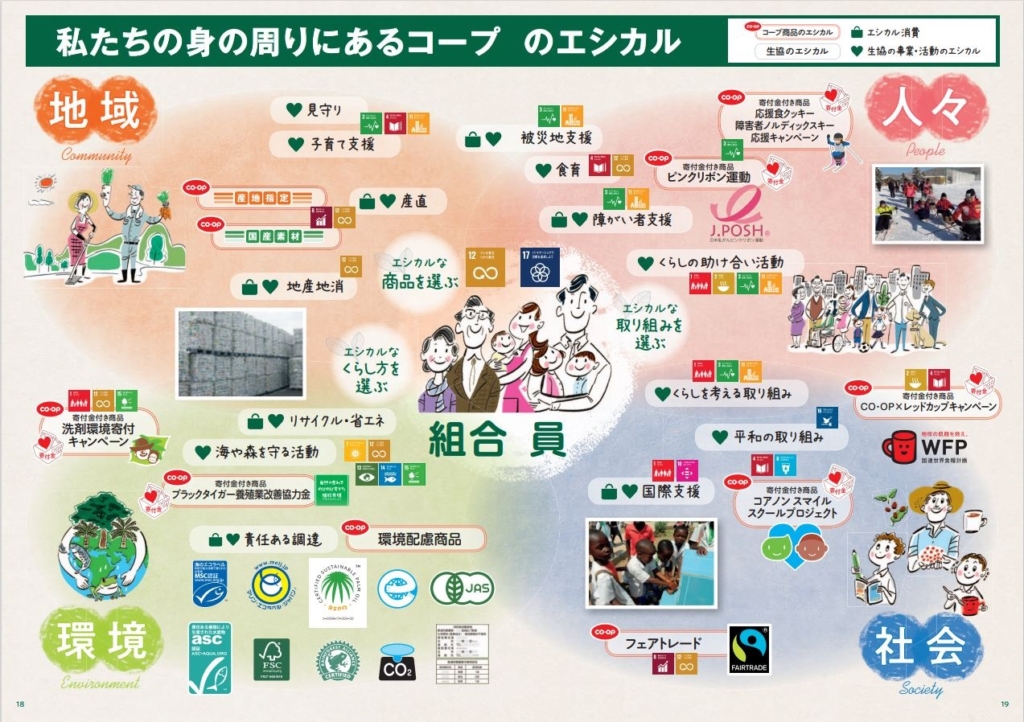
In addition to these social and environmental efforts, we must also consider the continuity of our own fishery segment. The volume of seafood caught that is commonly used in Japan, such as saury and squid, is on the decline, and prices are soaring. One of our missions through Co-op products is providing products that are of use in people’s everyday lives. To that end, we feel we must shift towards offering more sustainably procured seafood.
JCCU has been importing shrimp products for several decades now. However, one issue with shrimp aquaculture is its impact on the environment, such as through the clearing of coastal mangrove forests and the impact on the ecosystem. If we consider the longevity of the shrimp business going forward, we need to begin with practical approaches now. While it is not easy to pursue improvements to ASC certification standards, given the need to work closely with local operators, and the demands of time and money, we believe this is a worthwhile goal to target.
──Are there any pain points you have experienced since launching these initiatives?
The various Co-ops have been receptive to our efforts towards bringing more sustainable seafood into our lineup, but one concern is the impact this might have on rising prices. The certified fish we have carried thus far included fish with more wide-ranging certifications, such as northeast Atlantic mackerel and walleye pollack, which did not greatly push the price upward. If the price of fish is significantly driven up than it used to be, there are some difficult aspects to be commercialized in reality.
One thing we have found over the course of supporting MSC certification for Hiroshima oyster growers is that securing certification at the small level can pose some steep costs for individual fisheries operators, given their scale and the volume they catch. If these certifications evolve to target more bigger-level, it would certainly help bring certification to a wider body and also minimize the impact on product prices. So ideally, the certification process will continue to evolve, enabling more groups to embark on the road to certification, and leading to more sustainable fisheries.
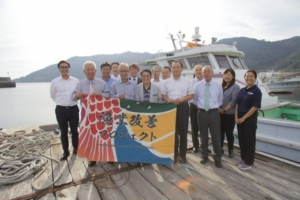
Meeting MSC certification entails clearing many more issues than one can imagine. For Hiroshima oysters, this began with an explanation of what MSC certification is to our business partners and local municipalities, then moved on to a preliminary screening and improvement project, until finally entering the actual screening in 2021. So it took about 5 years from the start of the project to reach that point.
While there are existing systems in place around fisheries that have functioned for many years, from the standpoint of MSC certification, there is still room for improvement. The results of the screening may include findings pointing out the need for improvement in terms of how poor catch conditions are handled, or that protection measures for endangered species are lacking, et cetera. We then consult with stakeholders to create a set of rules and implement them.
Once we start working on it in practice, we fully find that there are various challenges and we need efforts and costs.For that reason, we are hard-pressed to propose every manufacturer of our products, and every partner we work with, to obtain MSC/ASC certification. Therefore, I think the more important focus here is on fisheries, processing, and logistics operators more widely collaborating to pursue certification at the macro level and support that ecosystem.
──Co-op is not a company, but a cooperative. What do you see as the social role of that cooperative?
Co-ops function by members investing in and participating in the use and operation of the organization. Our goal is to adapt to the changing times and realize the wishes of our members. Ultimately, one of our fundamental roles is enriching the lives of consumers.
Is it enough to just enrich the lives of Co-op members? Well, the answer is no. Our efforts through Co-ops are, in a broader sense, a form of social movement led by consumers.
One of our slogans is “Fostering peace and a better lifestyle”. We want to create a peaceful and sustainable society with the people of the world.
I have been working at Co-op for over thirty years, and I feel now more than ever that we have a key social role to play. Compared to the 1980s, when I entered the workforce, society has matured, and the economic situation is different. Given our focus on “everyday lifestyles,” we believe it is important to offer products with demonstrable quality at reasonable prices, not highly particular products that are expensive. So within that framework, the idea is incorporating sustainable ingredients in these affordable products and bringing more products geared at ethical consumption into the lineup.

Moreover, a relatively large number of Co-op members are sensitive to eco-label products and ethical consumption. For example, in an MSC questionnaire on awareness of MSC certification last year, only 19% of Japanese consumers reported knowledge of the subject, but in a JCCU survey of Co-op members, the combined total of those responding “I have purchased those products before” and “I have seen those products before” was 32%. This is double the amount from four years ago, reflecting that the number of products has increased, and that each Co-op is making efforts to raise awareness.
Personally, I feel responsible for creating initiatives that will meet the expectations of Co-op members and not disappoint them. There are numerous issues around the globe today concerning food and resources; if Co-op is too slow to adapt to these changes, it will disappoint our members and fail to live up to their expectations. It will be an uphill battle, but collectively, we want to keep moving forward–and that includes the way we procure seafood.
At JCCU, we do not process and finish Co-op products in house; instead, they are packaged for downstream consumers by the manufacturers we work with. One strength of this system is that each Co-op or place of business need not itself be certified; provided the upstream producers are, we can still bring certified products to a wider base among our membership.
In some cases, JCCU has asked our partners to obtain CoC certification in order to produce MSC/ASC certified products, and this in turn led them to produce other certified products later on. We believe that working our way up this pipeline, by having retail and wholesale operators encourage upstream manufacturers to pursue more sustainable seafood, it will have a ripple effect.
Nonetheless, Co-op’s share of the Japanese market does not even reach 10%. Going forward, greater communication with consumers (in particular, Co-op members) is needed. We want to make ethical consumption more mainstream by disseminating educational content and using our website and social media to create more opportunities for consumers to learn about the subject.
──Are there any particular focus areas for you going forward?
JCCU adopted the “Co-op Action Plan for SDGs” in 2017. One of those items states, “We will continue to review and improve our products and lifestyles for sustainable production and consumption.” Under this policy, we set a target of carrying 20% or more certified products (such as MSC/ASC) by 2020 for Co-op fisheries products.
Between 2017 and 2019, we began steadily increasing our supply of those products, but due to the suspension of MSC certification of Atlantic mackerel in 2019, we were unable to reach the 20% target by 2020. While that suspension was very disappointing, it serves as an opportunity to build a solid resource management plan and fisheries management rules to ensure that resources can be properly used in the future. Our policy to actively use certified eco-label products has not changed, and we have revised our goal to achieve 20% by 2025.
In addition, while we are focused on expanding MSC and ASC certification, we also adopted the use of products that are eco-label certified under GSSI (Global Sustainable Seafood Initiative)* as a key standard used in determining environmentally responsible Co-op products that meet our business needs.
At present, we have adopted, in addition to MSC and ASC, BAP* and MEL* certification. We suffered when we became unable to meet the original 2020 target, this gave us the opportunity to revise the JCCU Approach to Sourcing Co-op Seafood Products, our key policy document, and shore up our policy, so in some sense it led to a positive outcome and a more proactive stance.
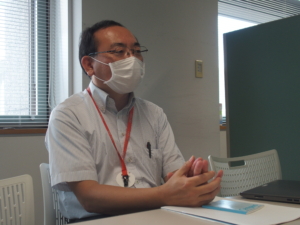
I am in my late 50s now; compared to the 1970s through 1980s, when I was in my teens, the world has changed in major ways. There were pollution problems at that time, but things have grown more serious, with destruction of the natural environment, plastic waste, and climate change emerging around the world. At this rate, we are concerned that conditions will deteriorate even faster.
While it can be difficult to go against the trend and change things in another direction, we have reached a point where it has to be done. For my part, I have only a few remaining years to engage in this work, so I find myself thinking about what it is that can be achieved during that time.
One target we talk about is carrying certified fisheries products. As for those that are not certified, we need to think more broadly about how to procure them in a fashion that is still socially and environmentally responsible.
There is a limit to what Co-op can do on its own, so now more than ever before, we have to go beyond the industry and specific sectors, and even beyond Japan, and partner with other stakeholders as much as possible. We’ve entered an era where that kind of cooperation in the truest sense of the word is exactly what we need.
Satoshi Matsumoto
Joined the Japanese Consumers’ Co-operative Union (JCCU) in 1988. Experienced in the Co-op private label segment, spanning logistics management, product sales, product development, and planning.
From 2010, assumed the position of divisional manager of the Joint Development Promotion Group. From 2012, assumed the position of Tohoku Branch Director. From 2014, assumed the position of Fisheries Group Manager. From 2016, assumed the position of manager of the Produce Materials Business Promotion Office. In July 2017, joined the general manager’s team at Product Headquarters.




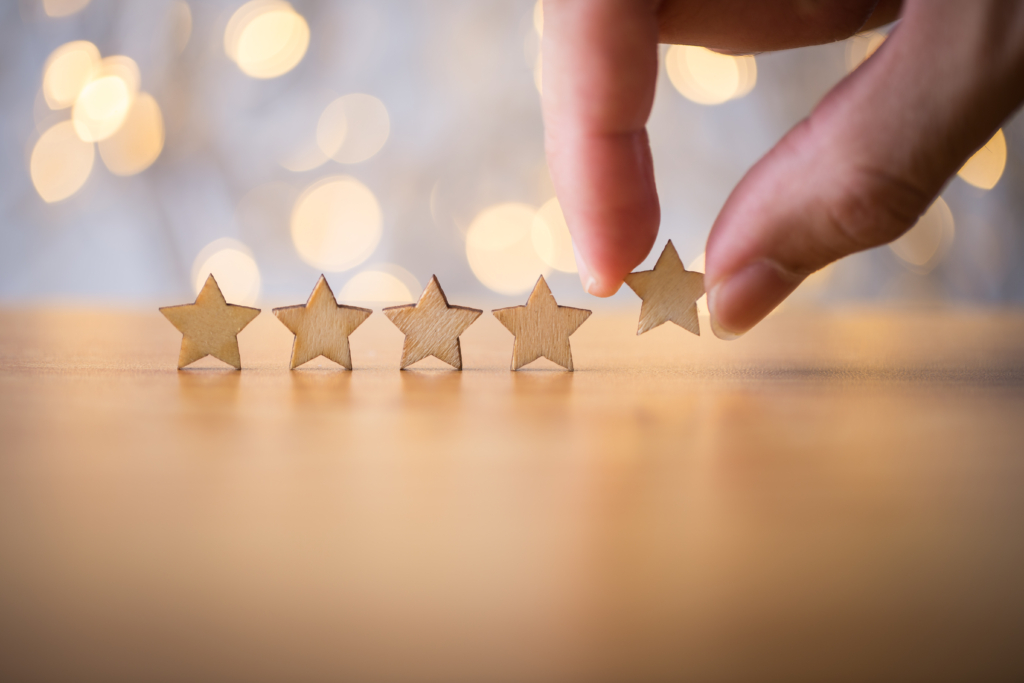




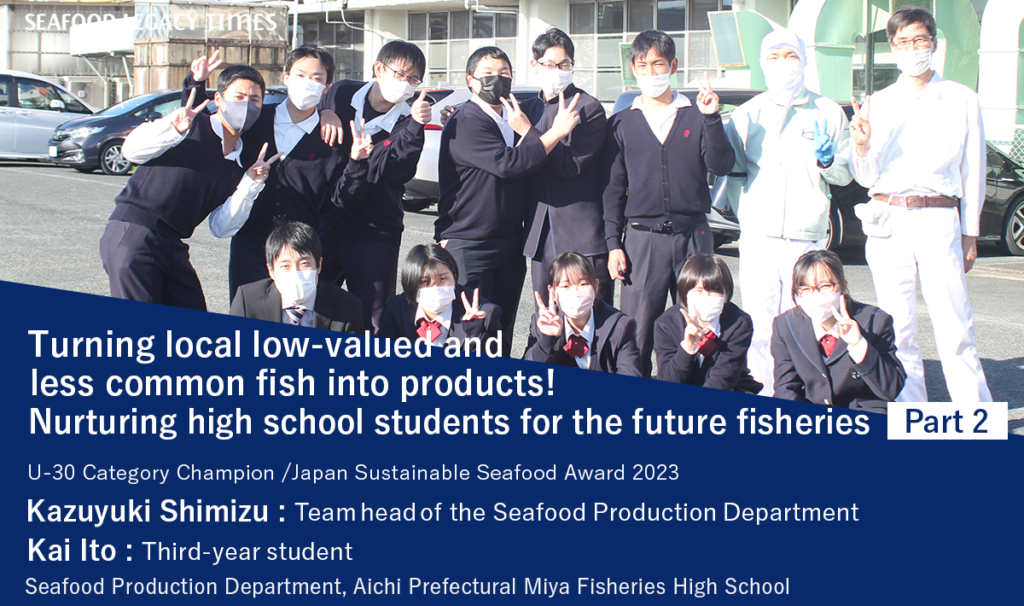
-1024x606.png)


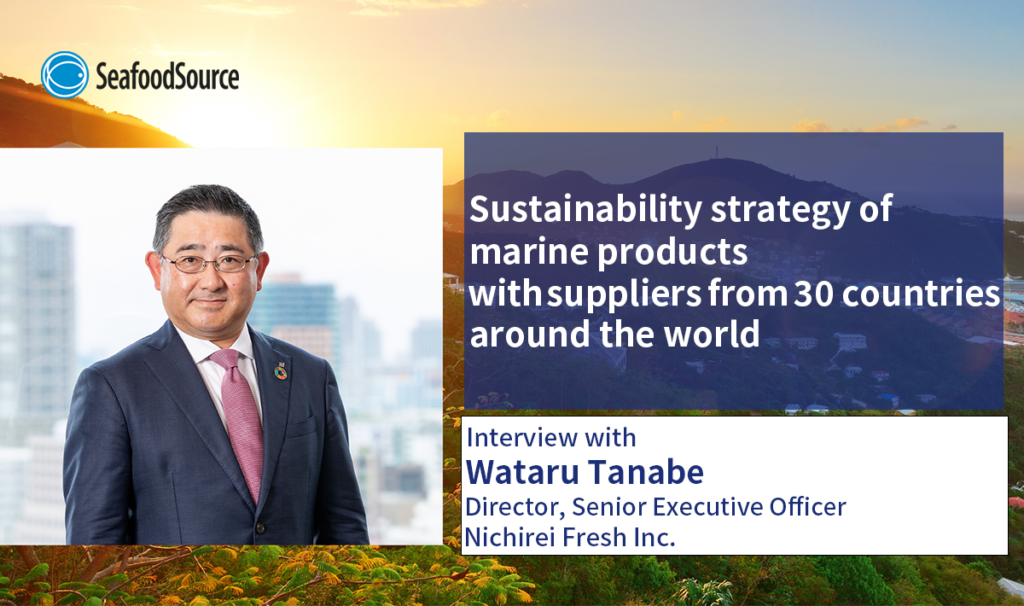
_-1024x606.png)

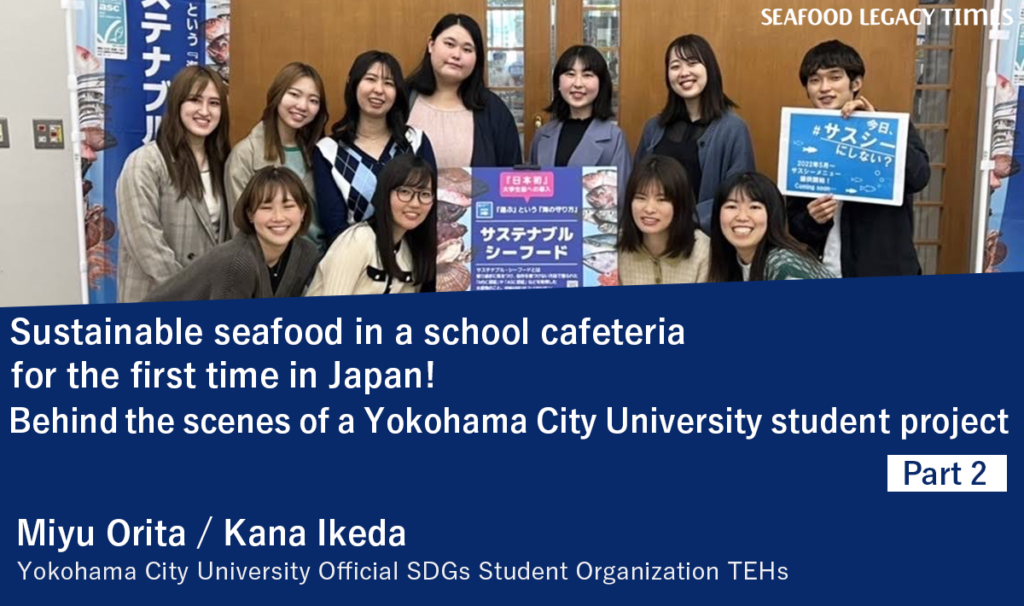
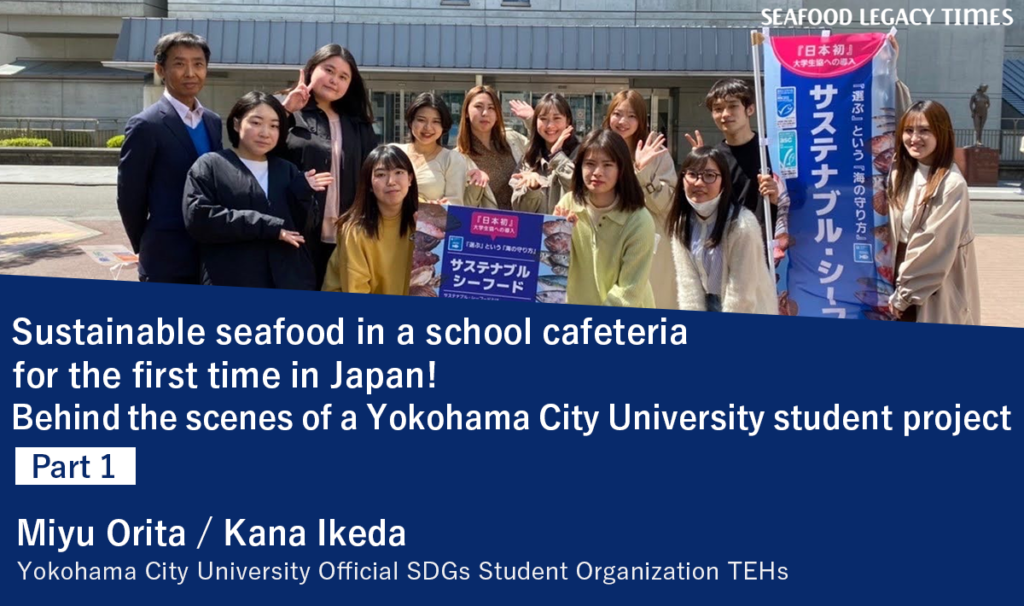
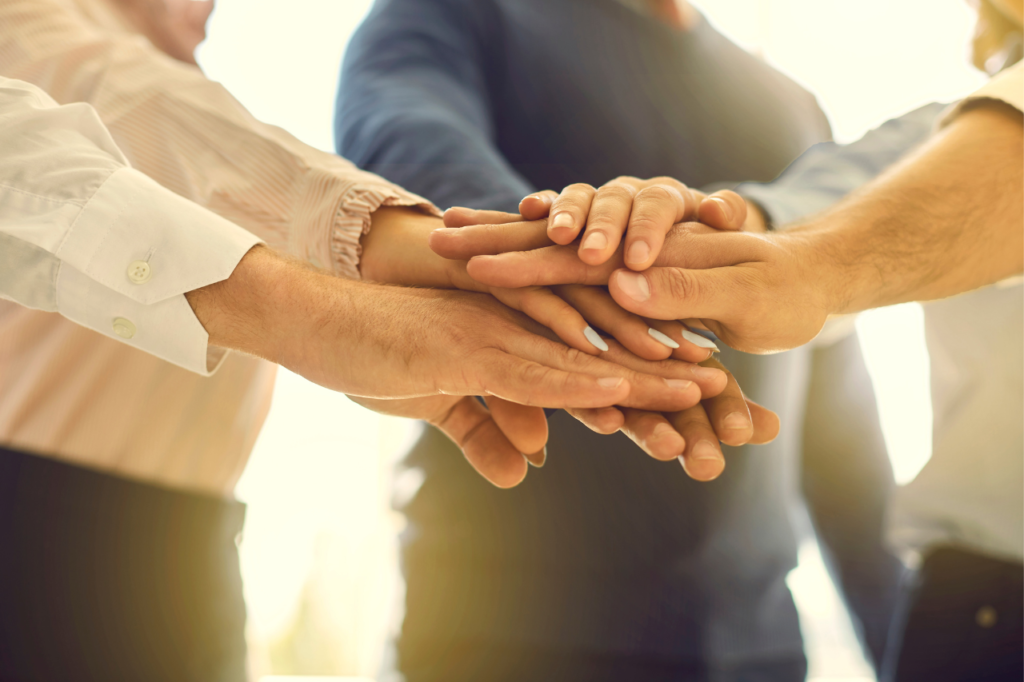


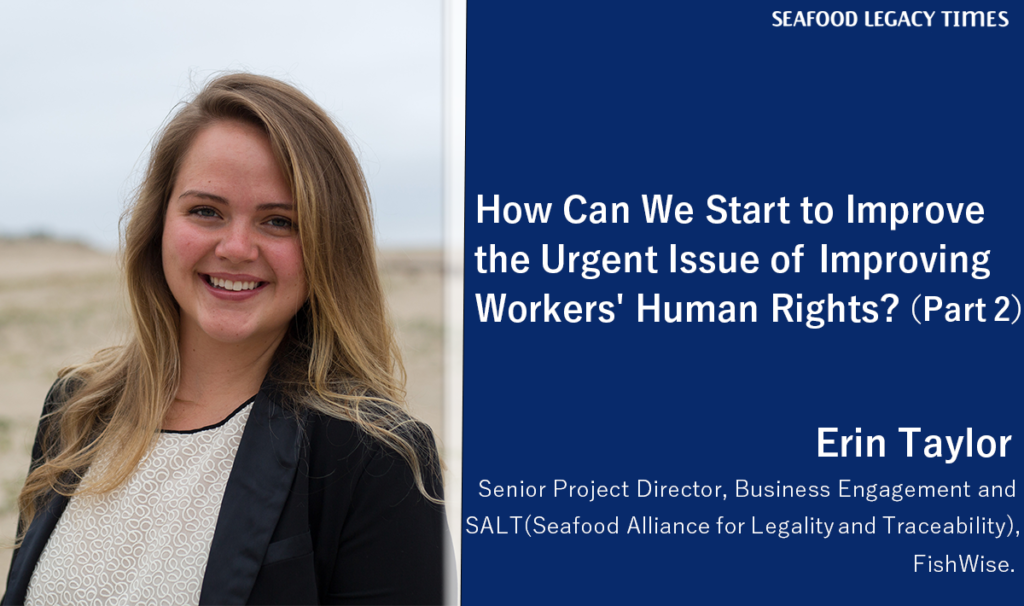
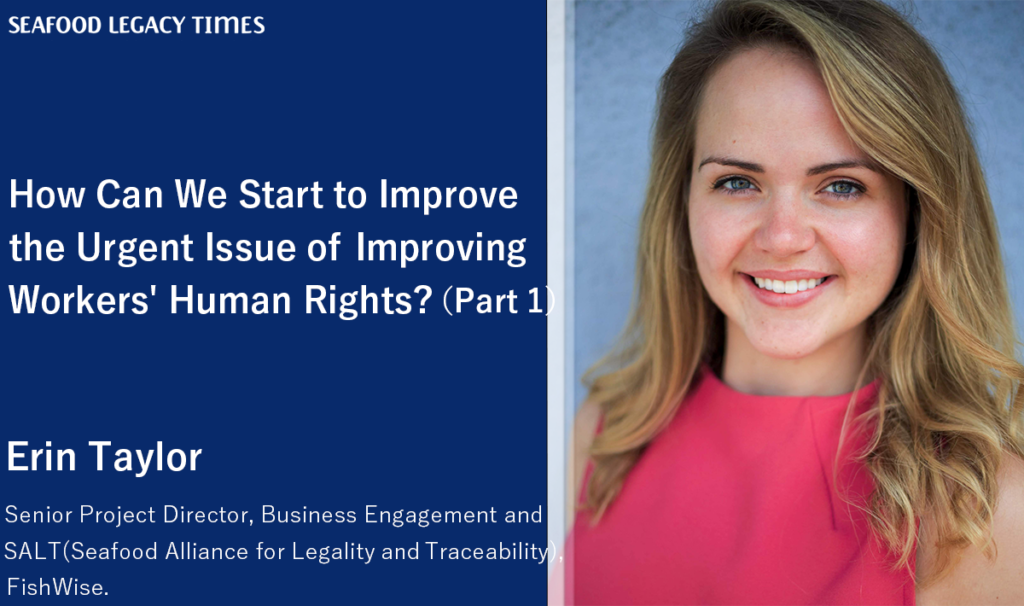
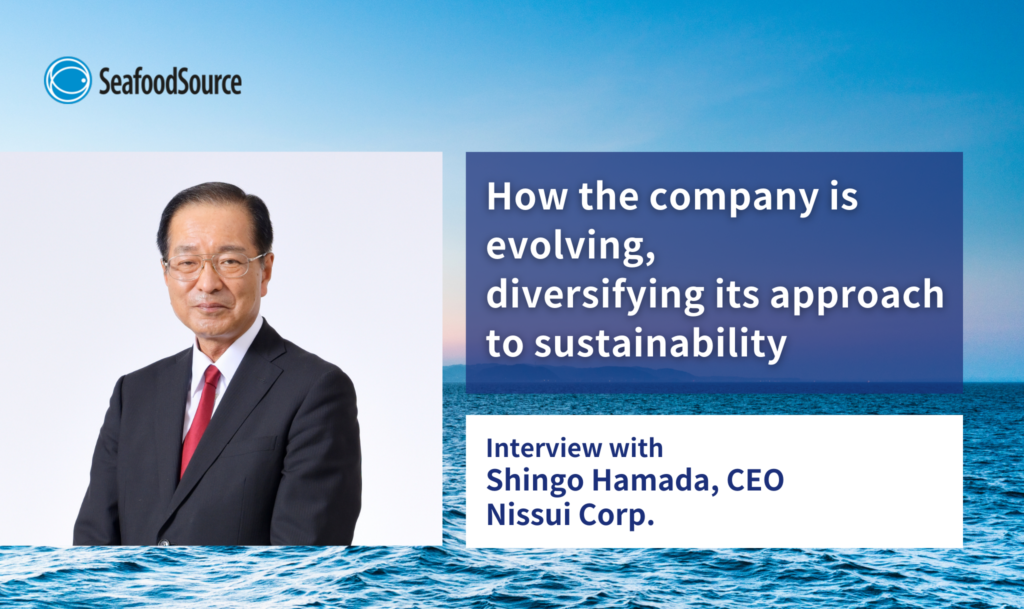




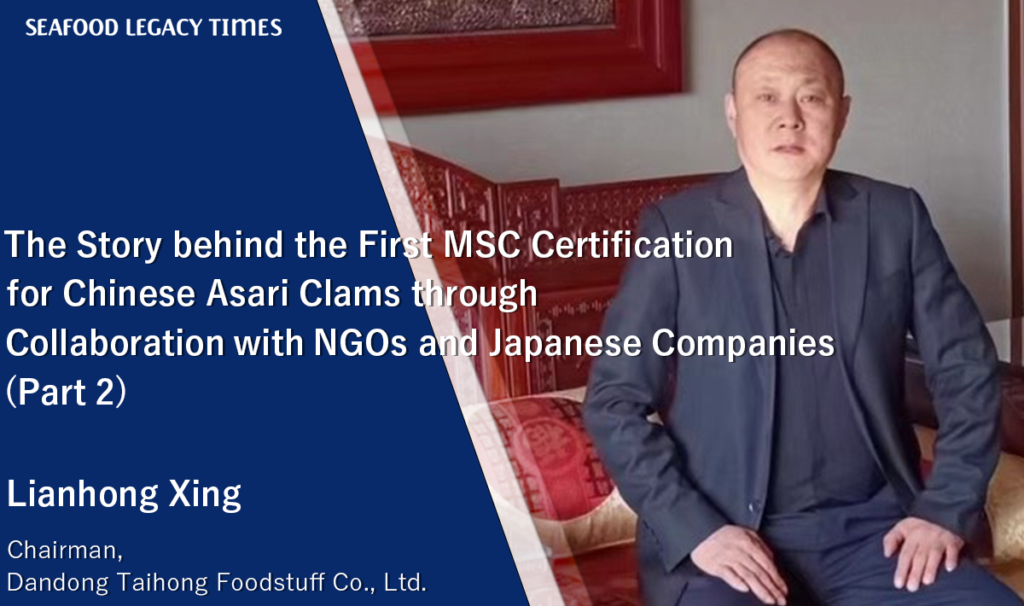
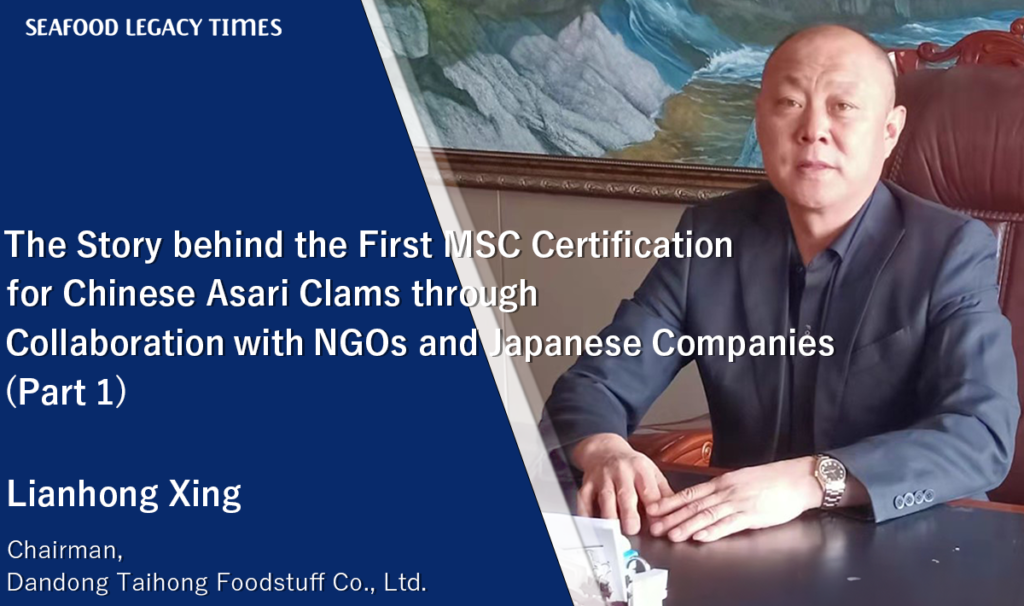

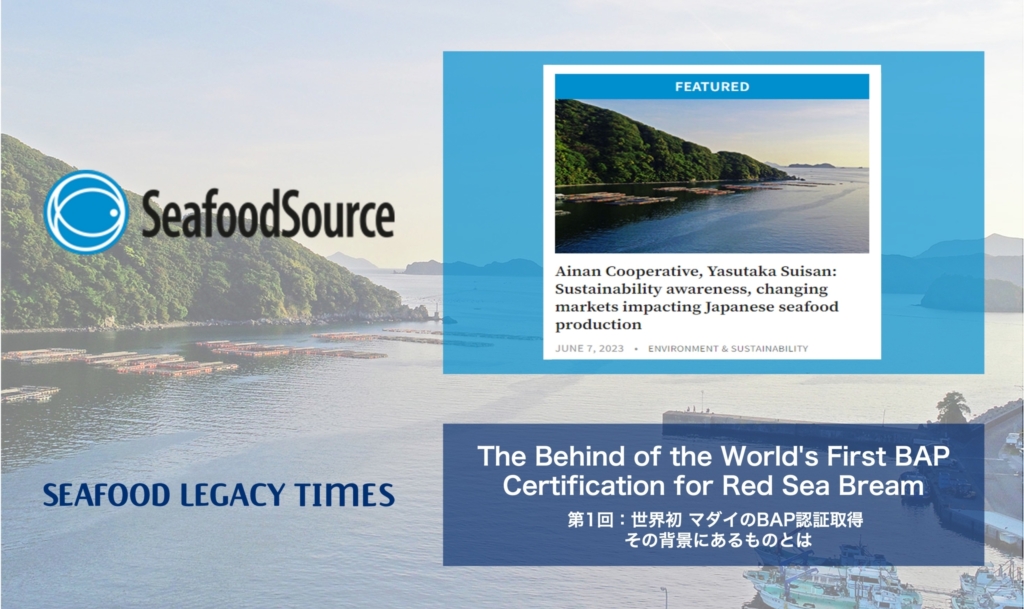

1_修正524-1024x606.png)


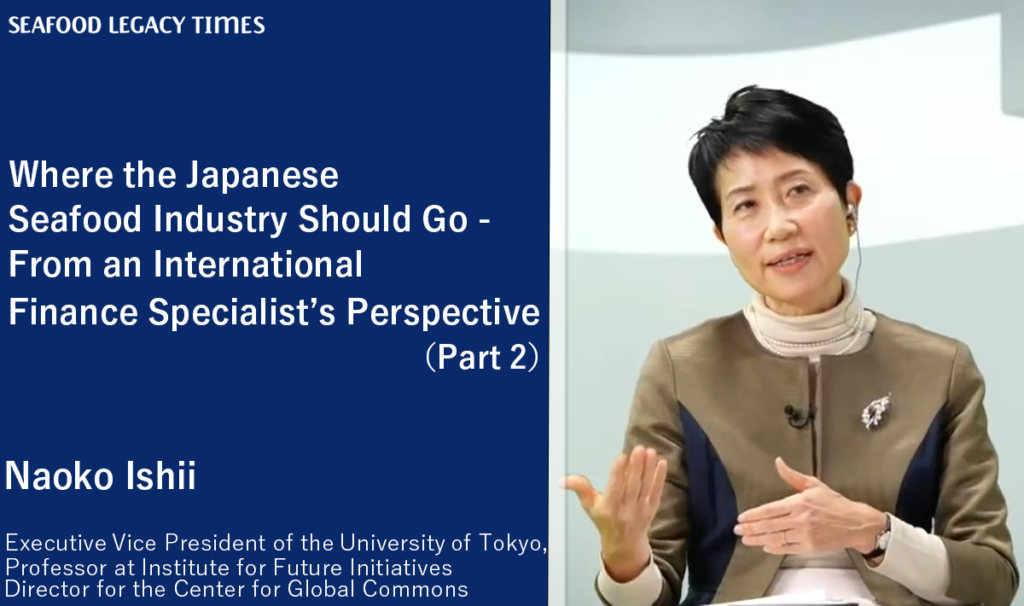







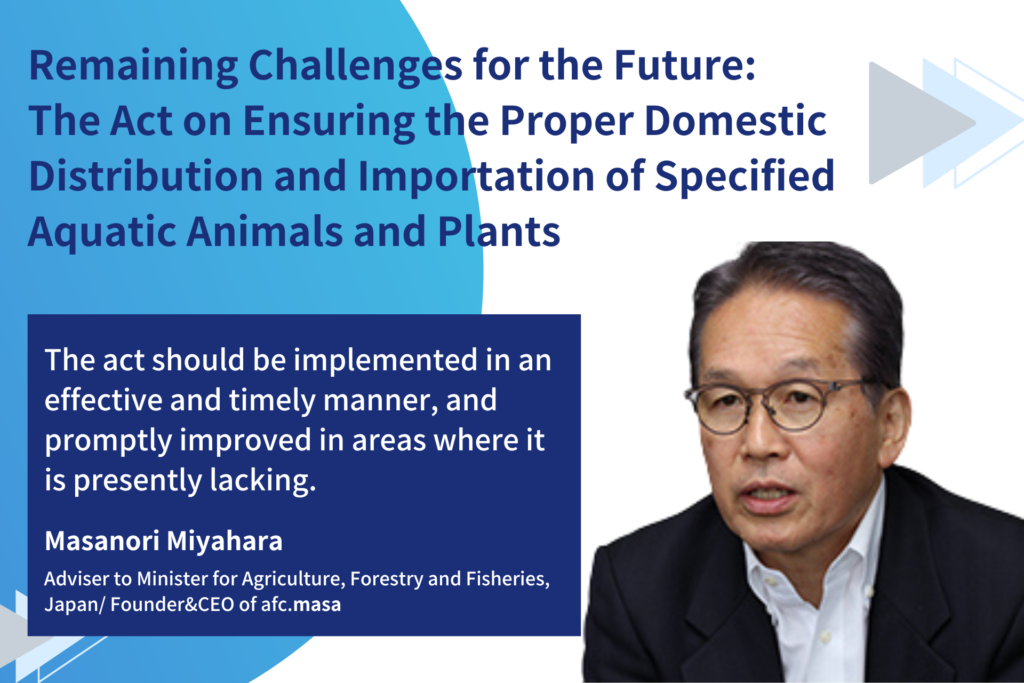
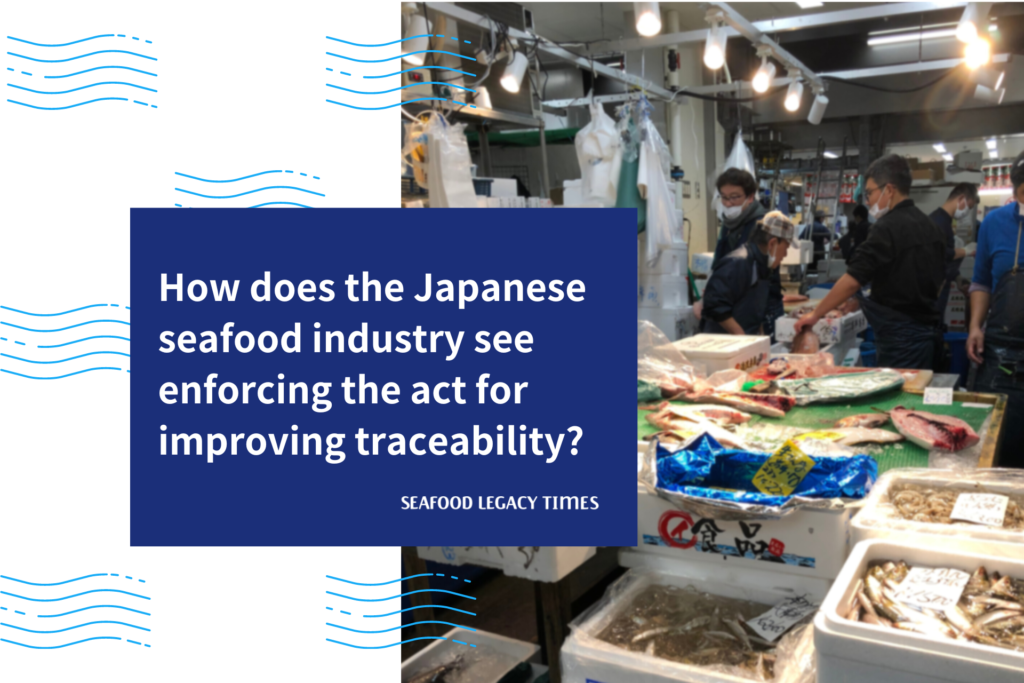



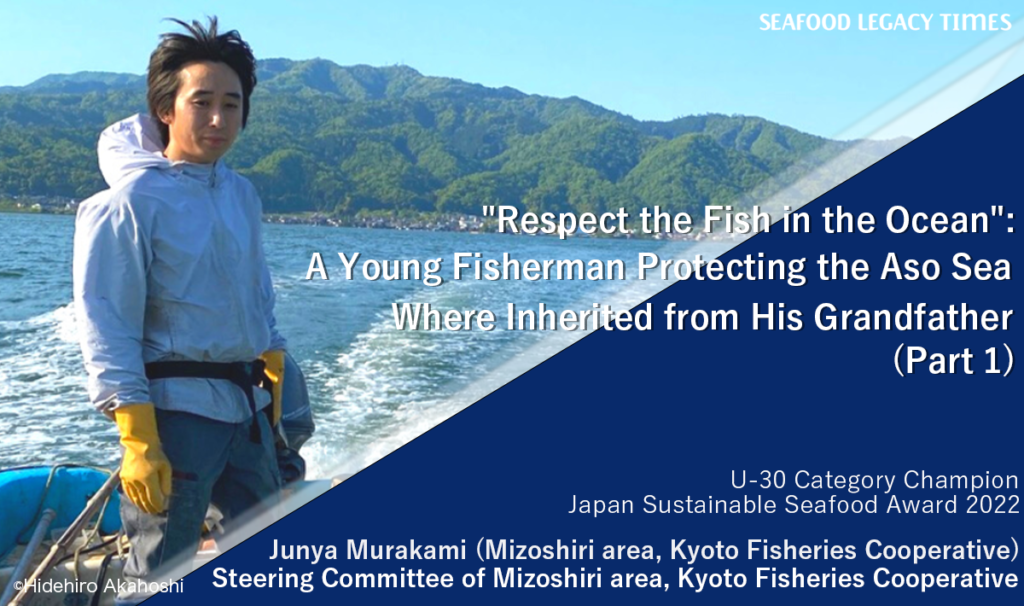
.2-1024x606.png)
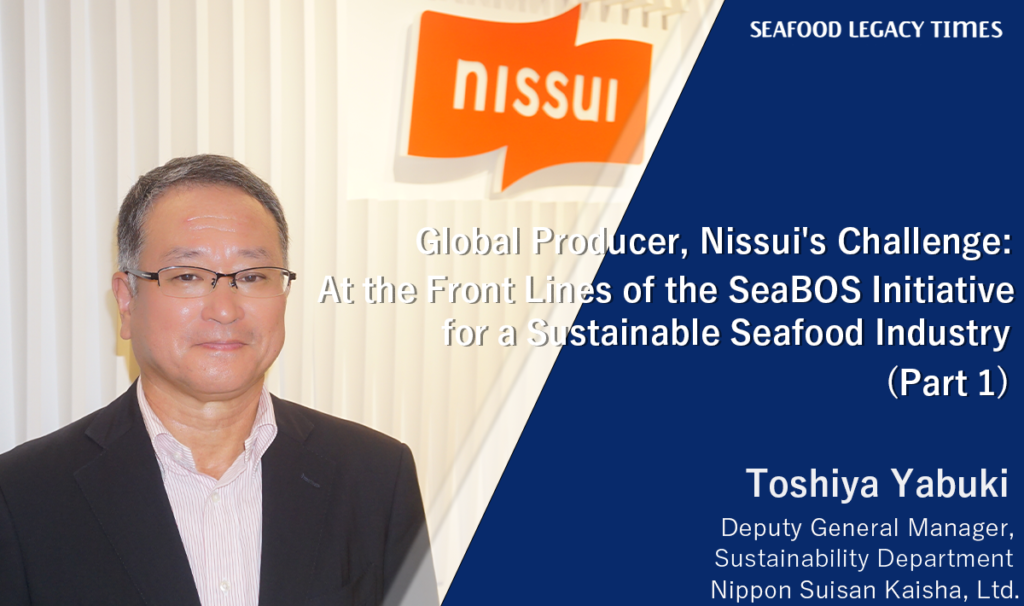
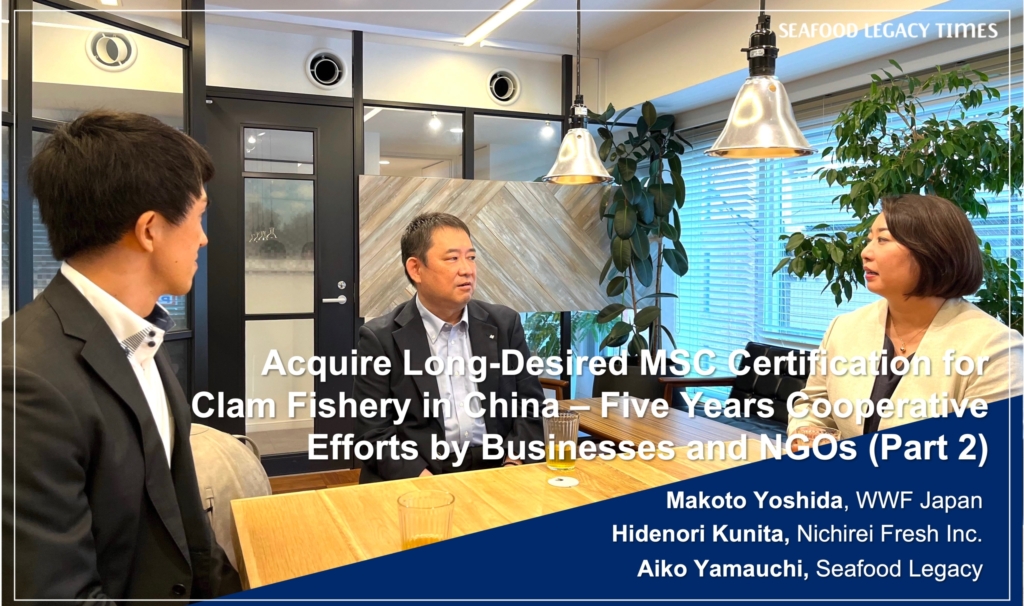
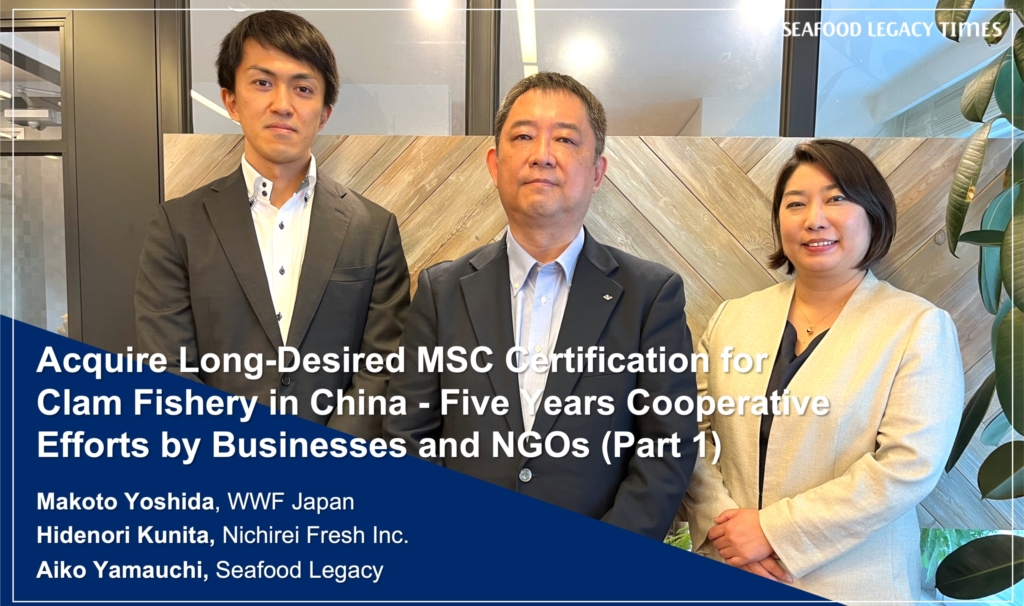






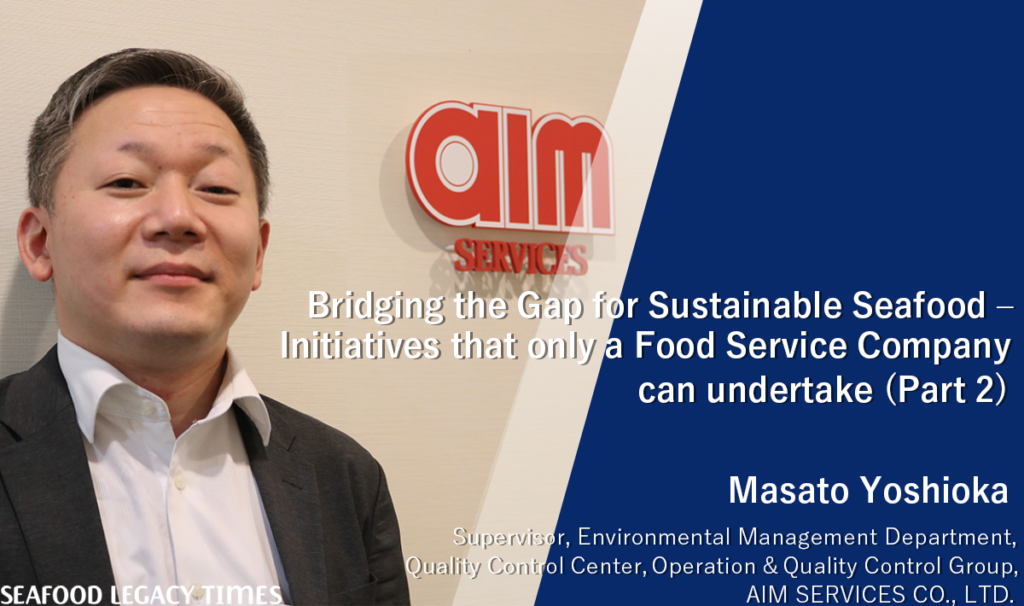
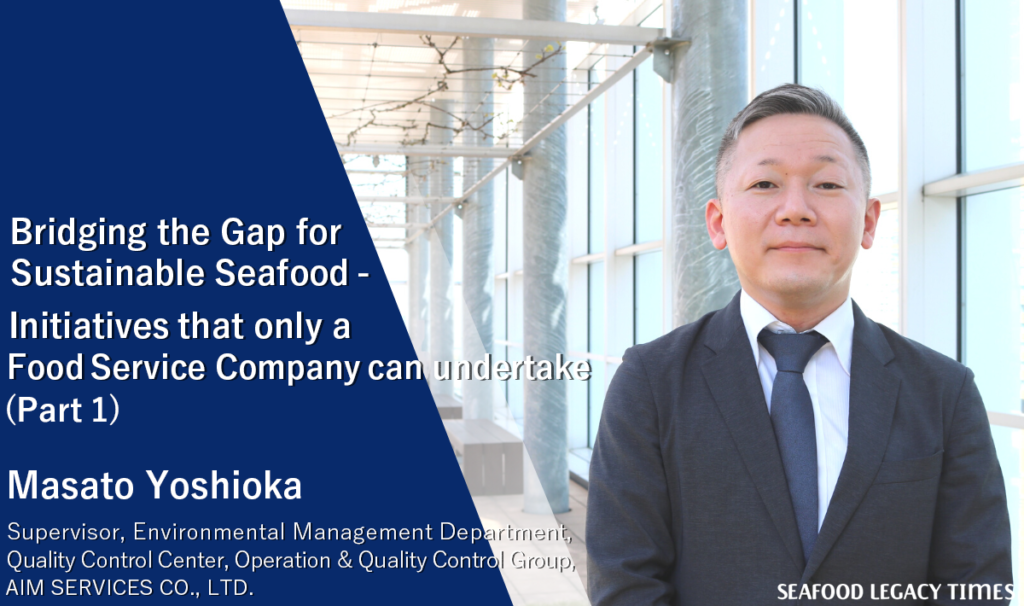
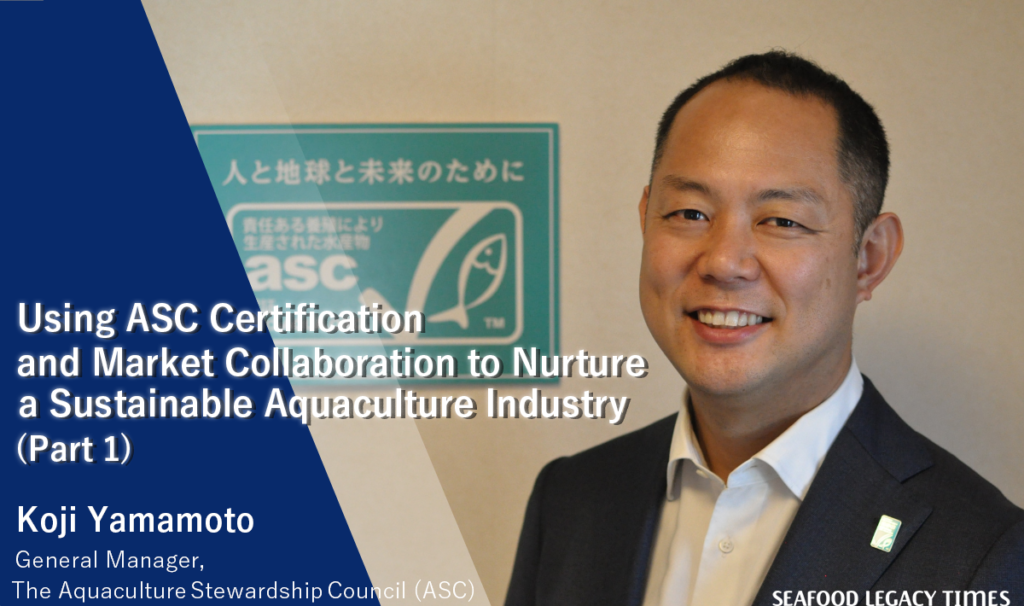
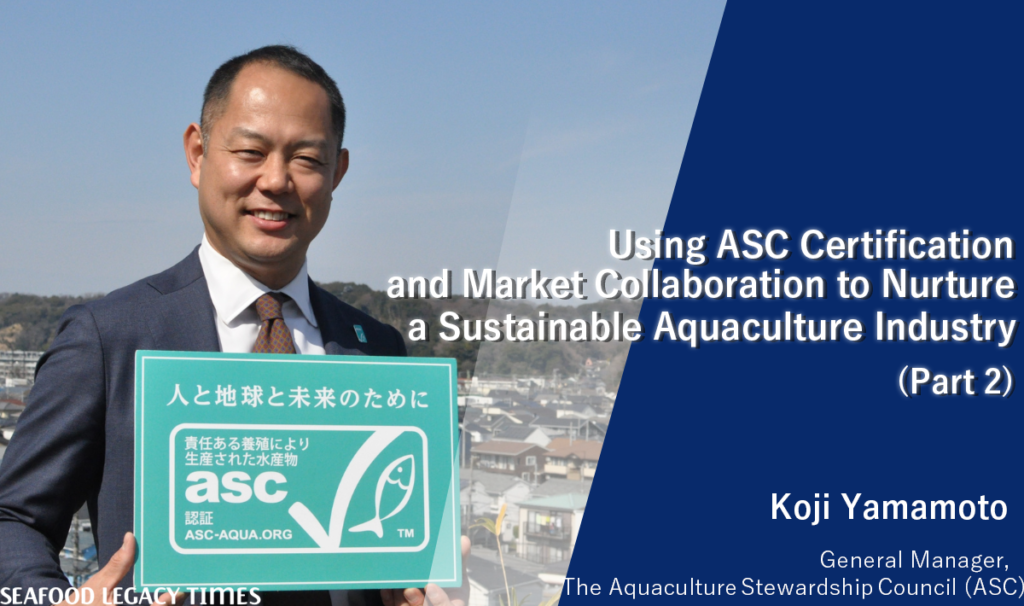
2-1024x606.png)
-1-1024x606.png)
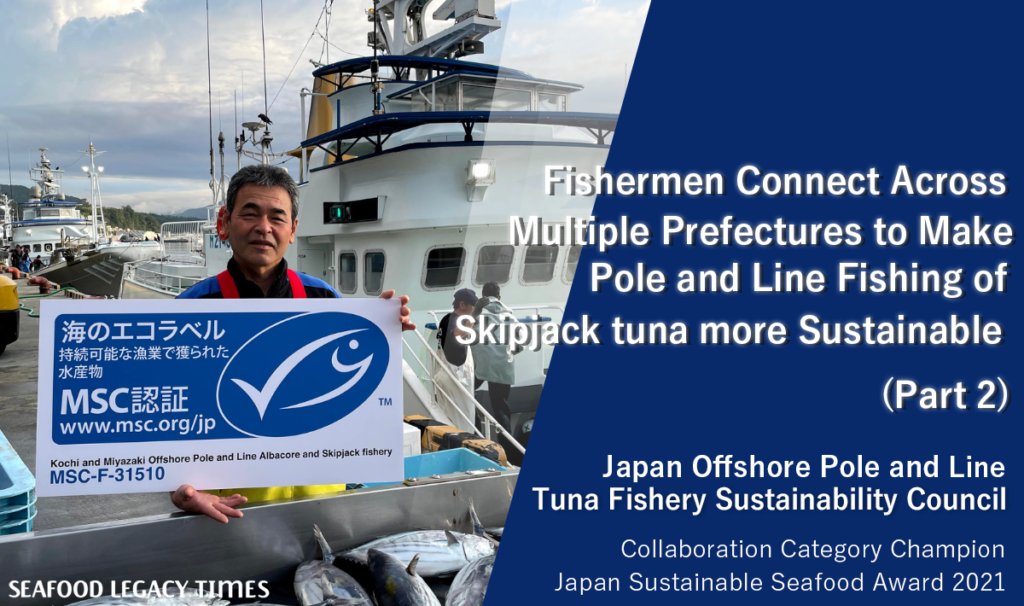
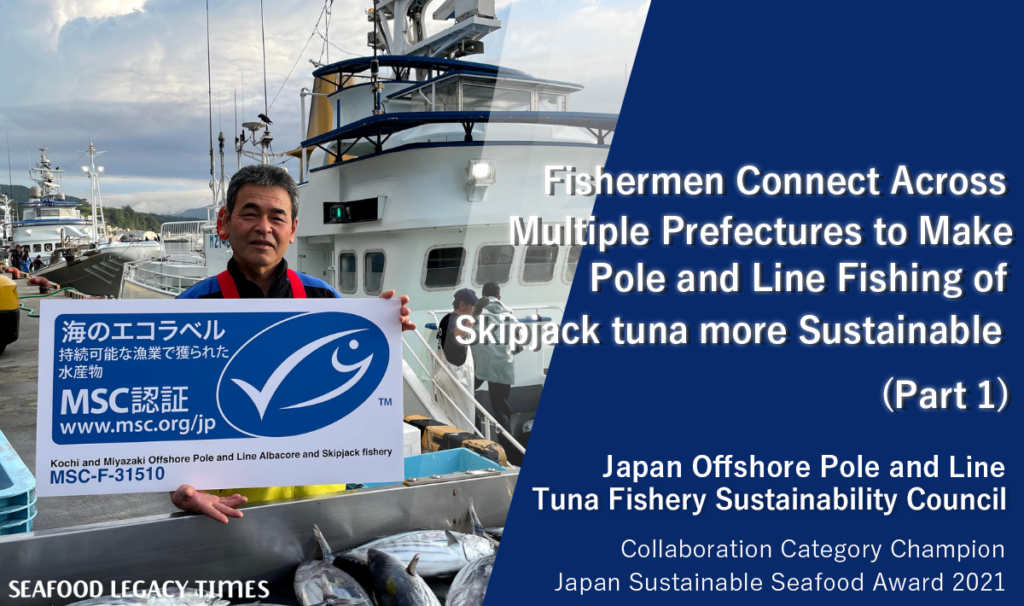
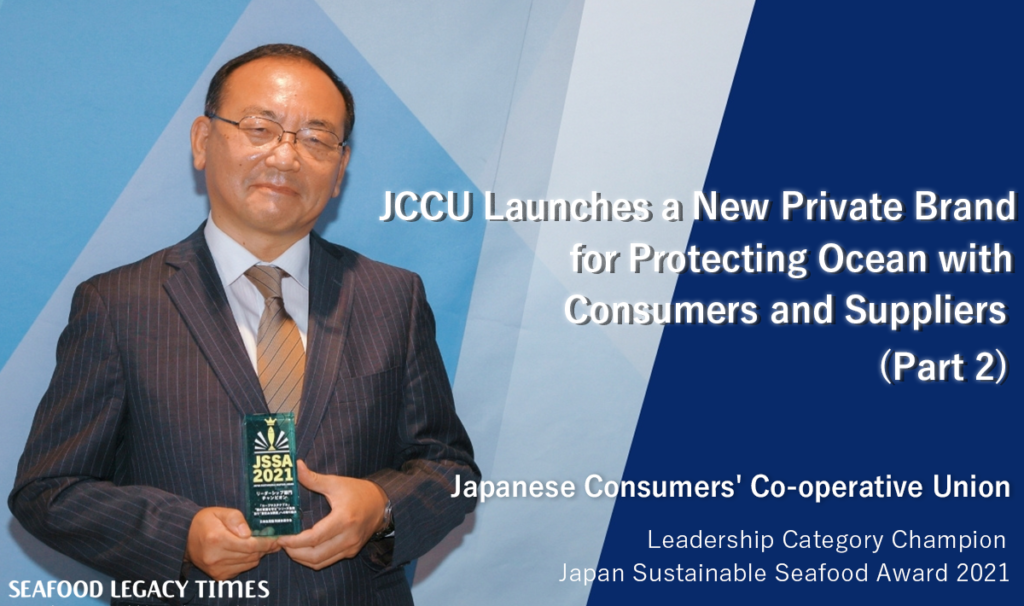
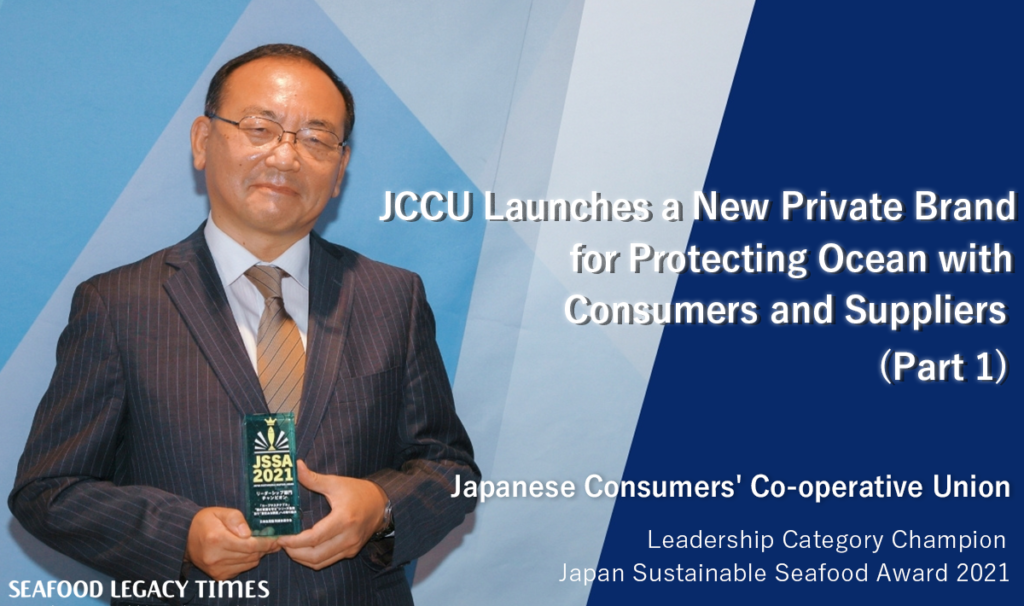
Part2-1024x606.png)
Part1-1024x606.png)
